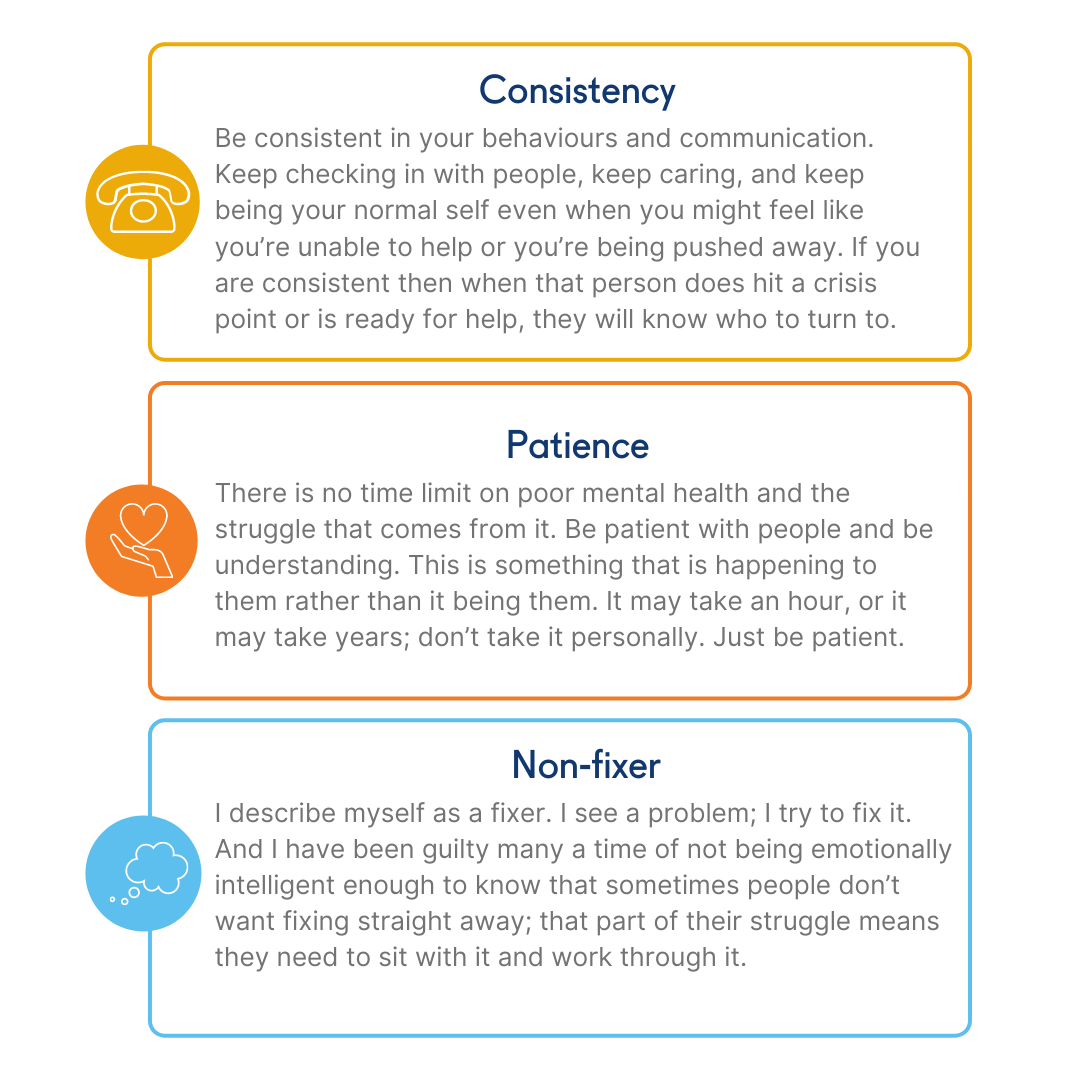Slice of life with Jack Green
Double Olympian Jack Green has recently set up wellbeing consultancy Olywel, to help employers improve performance and success through better wellbeing and positive mental health. Here, he shares his story of mental health struggles, success, and lessons learned.
What inspired you to focus on mental health and wellbeing?
My focus and passion for mental health and wellbeing came from my own struggles with depression, anxiety and bipolar tendencies. I was incredibly lucky to be a double Olympian and represent Great Britain at eight major athletics championships where I won world and European medals, but during my career I continued to struggle with my mental health.
It quickly became apparent that the stigma in society, and even more so in sport, was great, and that I could play some part in championing awareness and understanding of mental health through my own journey.
I became a keynote speaker and have shared my story with hundreds of companies, as well as working with the government on mental health reform in elite sport. I was then lucky enough to lead on wellbeing at BBC Studios and assist their people during the COVID-19 pandemic.
I am incredibly grateful to be in a position that fulfils my purpose of helping people each and every day.
Do you think that leaders have a role to play in supporting employee wellbeing?
I am a firm believer that internal stories within our organisations will spark huge cultural changes that will put mental health and wellbeing at the very top of the priority list. These stories can obviously come from anyone within the organisation, but most companies are set up with strict hierarchies and it becomes the responsibility of leaders to inspire, motivate and give their people permission to feel however they need to feel.
I have recently launched my wellbeing consultancy, Olywel, where we bring performance and wellbeing together. My main focus is always around creating more ‘human’ environments and focusing on culture so that we can be proactive rather than reactive.
How important is it for people to focus on their own mental wellbeing in light of the latest lockdown?
I believe that what this pandemic and these lockdowns have shown us is that our wellbeing has far greater value to us than anything else. And hopefully the environments we find ourselves in – work, schools and so on – will change to put the ‘human being’ first, along with our more basic needs of physical, mental, financial and social health.
Prioritising our wellbeing is both a short-term and long-term investment in ourselves, our aspirations and our performance.
Mental wellbeing can be improved by simple changes, such as the boundaries we set ourselves at home and at work and getting out into nature for some low-intensity exercise. It’s just about starting, it’s not about being a superstar and doing marathons and the like.
Why is self-care so crucial during the winter months?
More than ever, we are struggling with the latest restrictions because of the time of year. In the winter it is colder, wetter and darker than usual and we don’t get to enjoy ourselves as much as we do in the summer months. This means we have to focus on our wellbeing even more to develop coping techniques.
Because of this, Rob [Stephenson] and I decided to launch ‘Winter Wellness with Jack and Rob’, which is a 12-week programme delivered by myself, Rob and our expert friends covering all topics of wellbeing – from nutrition and physical activity, to financial wellness and parenting. It’s a programme that was created to help people manage their wellbeing and begin to thrive again. Despite it being called ‘Winter Wellness’ there will be so much you can take from the course that will become a part of your management tools forever.
How can people support others with regards to their mental health?
I recently sat down and wrote some thoughts about how you can help people when they are struggling, as it is often something asked of me after delivering my talks.
I like to break it down into three parts: consistency, patience and the non-fixer.
Something I have improved on is being able to sit with someone and just let them know I’m there, and that it’s okay for them to feel rubbish. Acceptance has more power than many of us realise.
If you want to find out more about the wonderful work that Jack is doing in the wellbeing space, check out Olywel; or follow him on LinkedIn for plenty of insights into the world of mental health, wellbeing and performance.


